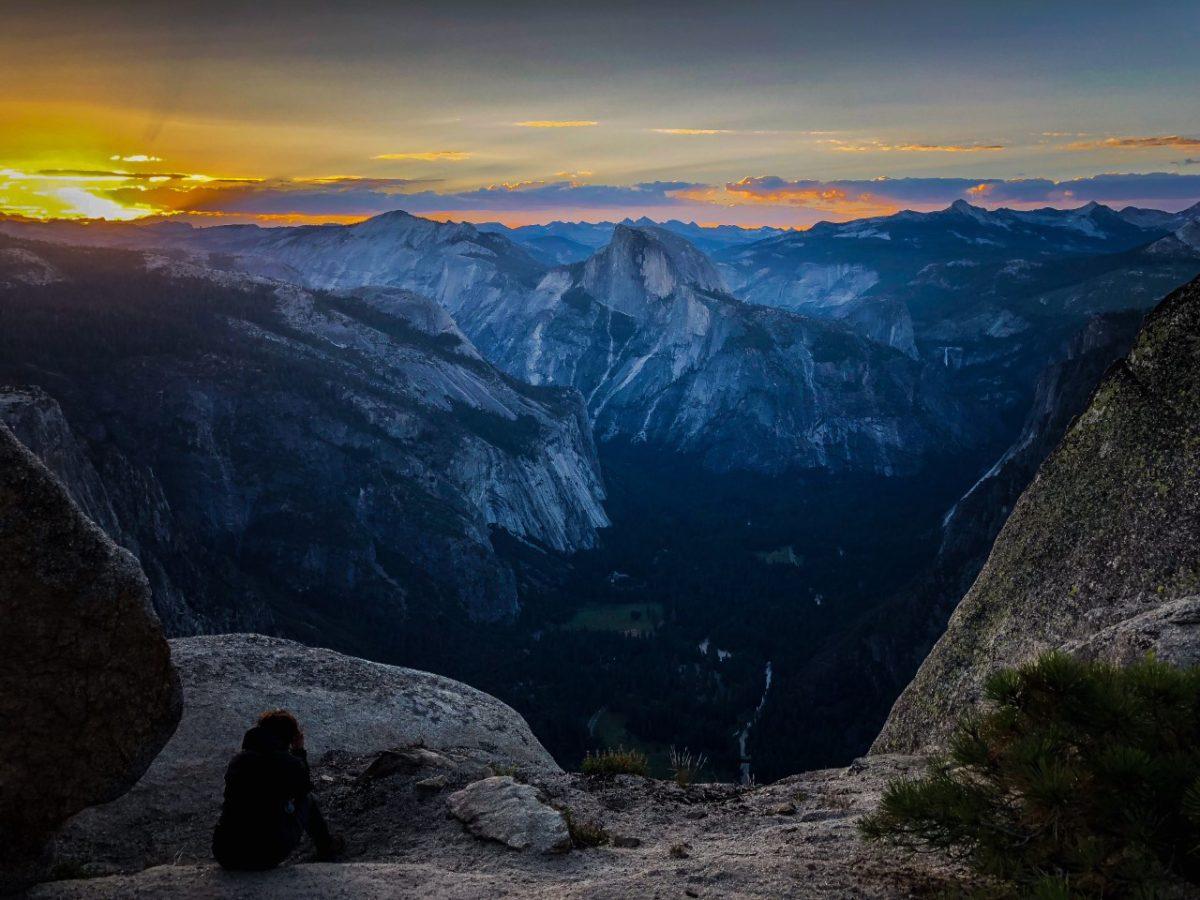As someone who has hiked and backpacked at six national parks and numerous state parks I would say I definitely have learned enough in my time to give advice. So, here are my top five dos and don’ts when it comes to hiking.
- Always do your research
Hiking, depending on what you do, can be very dangerous. It is really important to do your research on the park you want to go to. Find the best time of the year to go to that park. For example,
You probably don’t want to go up to Zion National Park in the middle of the winter if you are inexperienced. By doing your research on your park you can also find the sweet spot when the weather is still pleasant at a park, but it isn’t too crowded.
- You don’t need the most expensive gear
Hiking and especially camping gear is really expensive. However, that doesn’t mean you have to get the most expensive gear, as there are plenty of cheaper options available. Do your research on where you can cut a few corners to stay within your budget. Some things I would spend good money on are hiking shoes and rain jackets. For me, shoes and a rain jacket are an investment — and one you can’t skimp on. You want to be comfortable hiking, and it is more dangerous if you don’t have the proper quality gear. Presumably, you are going to get a lot of use from your shoes, so you don’t want to get ones that will fall apart. Also, if you aren’t sure you want to camp, don’t go out and buy all that backpacking gear. Make sure you have spent enough time hiking to decide if you want to take that step.
- Start off with day hikes and car camping
As I said earlier, if you aren’t sure if hiking and camping are your thing, start off small. Day hikes and car camping are a great way to see if hiking is your jam. I wouldn’t immediately jump into doing a 20+ mile hike and intense backcountry camping. Not only is that incredibly dangerous, but you will likely hate that experience. You are adding unnecessary stress to yourself that could turn you off of hiking. There is no shame in doing just day hikes and car camping. You aren’t any less of a hiker than those who do some crazy long hike; we all have our preferences. Honestly, at times, I really prefer car camping as I like showers and the knowledge that you can always head into town if you need an actual meal. Once I tried both, I am now able to decide what kind of hiking experience I want when I visit a park.
- Practice setting up your tent before you go camping
One of the worst things that can happen to you after an exhausting day of hiking is realizing you still have to set up your unused tent. The light is fading quickly and the swarm of insects descend onto you while you struggle with figuring out which pole goes where. This is an awful situation, and one I have unfortunately been in before. Learn from my mistakes, and practice setting up your tent before you actually go camping. You want to make sure you are proficient enough that you can set up the tent without too much thinking or looking at the instructions.
- Learn hiking etiquette
Don’t be that person on the trail who doesn’t know what they’re doing. Regular hikers are usually pretty chill people, but just to make everyone’s life easier, learn hiking etiquette. Trust me, once you are a more seasoned hiker, you’ll be appreciative of those who learn it. Hiking etiquette is all about respect — respecting your fellow hikers and respecting the nature around you. Give those who are going uphill the right of way, go off to the side and let them pass you as their trek is harder than yours at that moment. If you are camping around other people, whether in a shelter or in the backcountry, be mindful of the waste you leave behind. Don’t spread out all your gear and leave trash behind. Not only can this be dangerous because of animals, but it is disrespectful. Lastly, don’t be judgemental towards others. Everyone is hiking their own hike and how many miles or much weight they have in their pack is their own business. There’s no room in the community for gatekeepers who are judging what is right and wrong.







